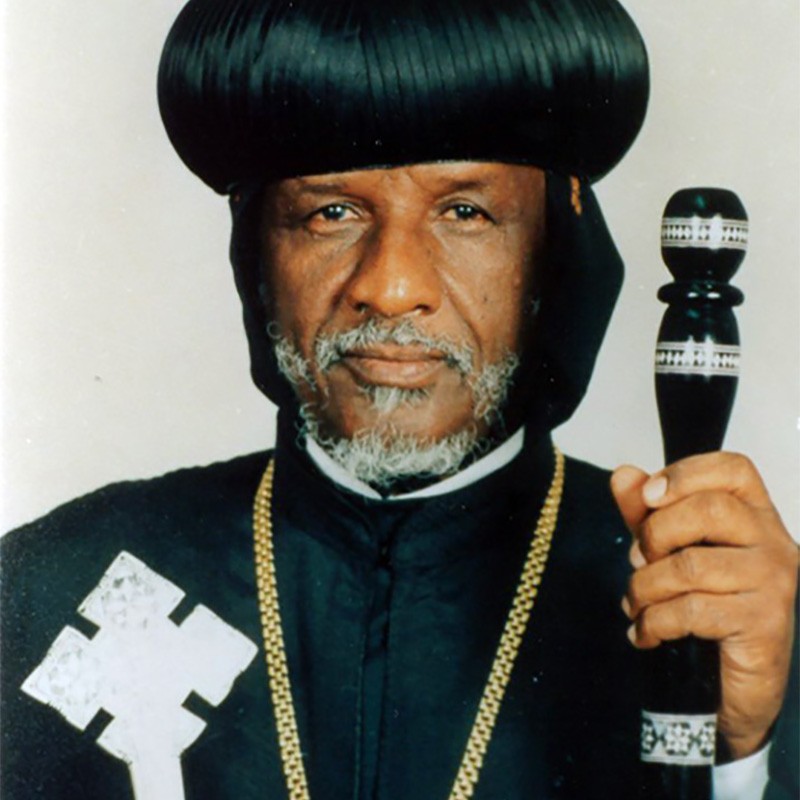Eritrean Orthodox patriarch dies in detention

Abune Antonios, a confined Eritrean Orthodox Church patriarch and the longest-serving prisoner of conscience in the Horn of Africa, died on February 9 at age 94.
He had been in detention in the Eritrean capital, Asmara, since his arrest in 2006, just two years after his installation as the third patriarch of the Eritrean Orthodox Church. For 16 years, he was kept in solitary confinement under the orders of the country’s authoritarian leader, President Isaias Afwerki, for his resistance to government interference in the church.
The patriarch’s death in detention is likely to widen the split in the Eritrean Orthodox Church, triggered by the leader’s removal and mistreatment.
Antonios was arrested after he became critical of government excesses and resisted continued interference in church affairs. In 2007, with the support of the Eritrean government, Antonios was replaced as patriarch by Abune Dioskoros.
However, many adherents and clergy, both in Eritrea and in the diaspora, continued to follow Antonios during his detention. In 2019, bishops of the Holy Synod of the Eritrean Orthodox Tewahedo Church excommunicated Antonios, accusing him of heresy, a move that was condemned by the Standing Conference of Oriental Orthodox Churches.
While in detention, Antonios was denied the right to church services and was not allowed any visitors. Nor was he given a chance to challenge his detention in a court of law.
“Despite 16 years of unremitting pressure, mistreatment, and defamation, the patriarch never compromised, even when it would have led to his reinstatement,” said Mervyn Thomas, founder and president of Christian Solidarity Worldwide, in a February 10 statement. “He chose instead to protect the integrity and doctrine of the church with which he had been entrusted at the cost of freedom and comfort in his twilight years.”
Thomas urged the international community to honor the patriarch’s courageous stand for freedom of religion by galvanizing efforts to secure the release of three Orthodox priests for whom Antonios advocated as well as thousands of others detained on account of conscience, religion, and belief. —Religion News Service





